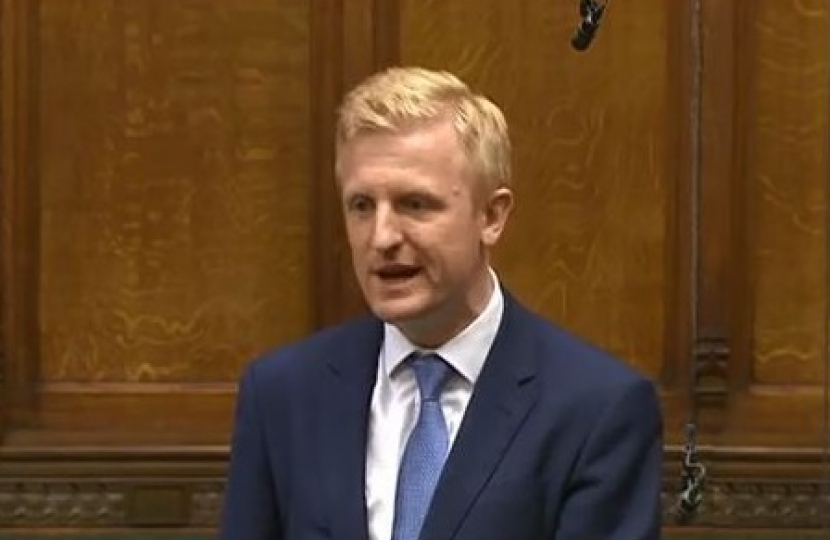
As your Member of Parliament, the decision about whether to support our armed forces participating in conflict is one of the most serious decisions that I have to take. I have therefore considered the question very carefully, discussed it extensively and participated in several parliamentary debates.
For me, the starting point is whether there is a direct threat to our national security. The evidence for this now appears unarguable. ISIL or Daesh have demonstrated that they have a clear desire to inflict widespread and indiscriminate civilian casualties. There was evidence of this in the attack on British people on the beaches of Tunisia, in the bomb on a Russian civilian aircraft and most voting recently in the attacks in Paris, as well as attacks in Ankara and Beruit. There have already been seven attempted attacks in the UK that have been foiled this year. We should not wait for one to succeed before we choose to act.
I think that this threat alone legally justifies military action on the basis of self defence. In addition though, it is justified by UN Security Council resolution 2249, as well as supporting Iraq in its self defence against ongoing ISIL attacks.
Many people have asked whether UK action in Syria will actually have any impact. There is evidence that the UK has made progress with its allies in halting the advance of ISIL in Iraq. It makes no sense to me that our action against them has to stop at Iraq’s artificial colonial era border with Syria, something that they do not respect. Indeed, their headquarters are in Raqqa, in Syria.
The RAF have unique military capabilities that will assist our allies in degrading ISIL and reducing its capability to attack us. The Brimstone precision missile system enables us to strike accurately, with minimal collateral damage—something that even the Americans do not have. RAPTOR—the reconnaissance airborne pod for our Tornado aircraft—has no rival; it currently gathers 60% of the coalition’s entire tactical reconnaissance in Iraq, and it is also equipped for strikes. In addition, our Reaper drones are providing up to 30% of the intelligence in Syria, but they are not currently able to use their low-collateral, high-precision missile systems. It is because of these capabilities that both President Obama and President Hollande of France have asked us to assist them in attacking ISIL in Syria. I do not believe that when our national security is threatened, we should expect our allies to act without us acting too.
Many people have quite rightly asked whether air power alone can really defeat ISIL. The simple answer is no. This does not mean that we should not act at all. We should do anything we can do to degrade ISIL’s capabilities so that they are less able to attack us and our allies.
This action will also be in support of the estimated 70,000 Syrian opposition fighters on the ground, principally of the Free Syrian Army. Of course, their action alone will not be sufficient. A full solution cannot be achieved until there is a new Syrian Government who represent all the Syrian people. It is this new Government who will be the natural partner for our forces in defeating ISIL for good. We are making good progress in establishing this new Government. We have firm international commitment from all the backers of a future Syrian Government around the table at talks in Vienna. The question is: can we wait for that settlement before we take action? I do not believe we have that luxury.
Finally, it is vital that we learn the lessons on Iraq and have a proper plan for reconstruction in Syria. The Prime Minister has committed an additional billion pounds to this task and I am confident that other nations, including the United States and Russia will show a similar commitment.
These are not easy decisions but I honestly believe that in the above circumstances justify British military action, and for those reasons I will vote in support of the Government.

